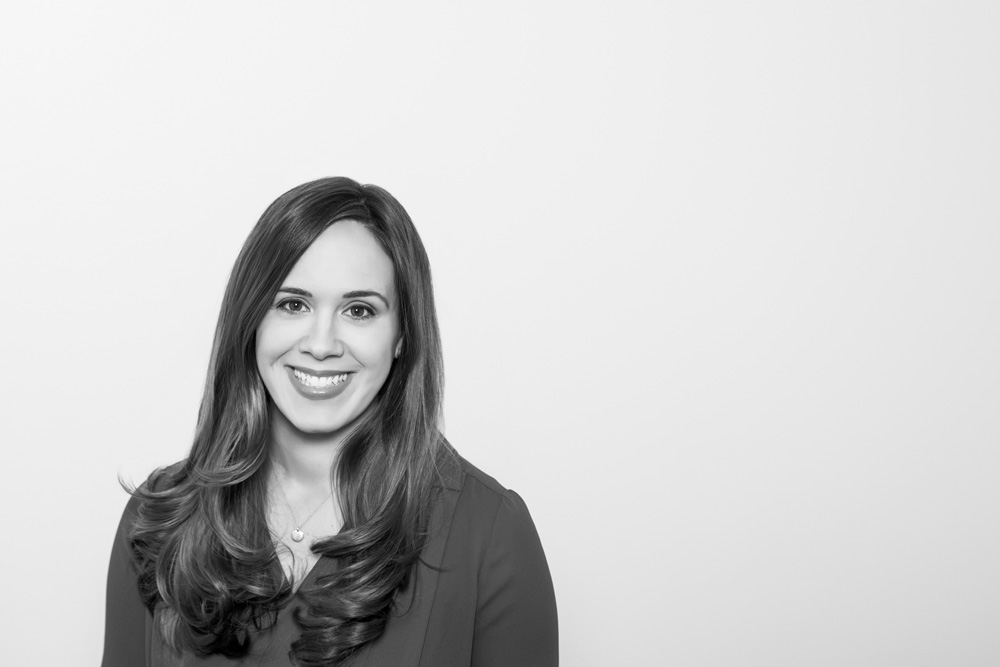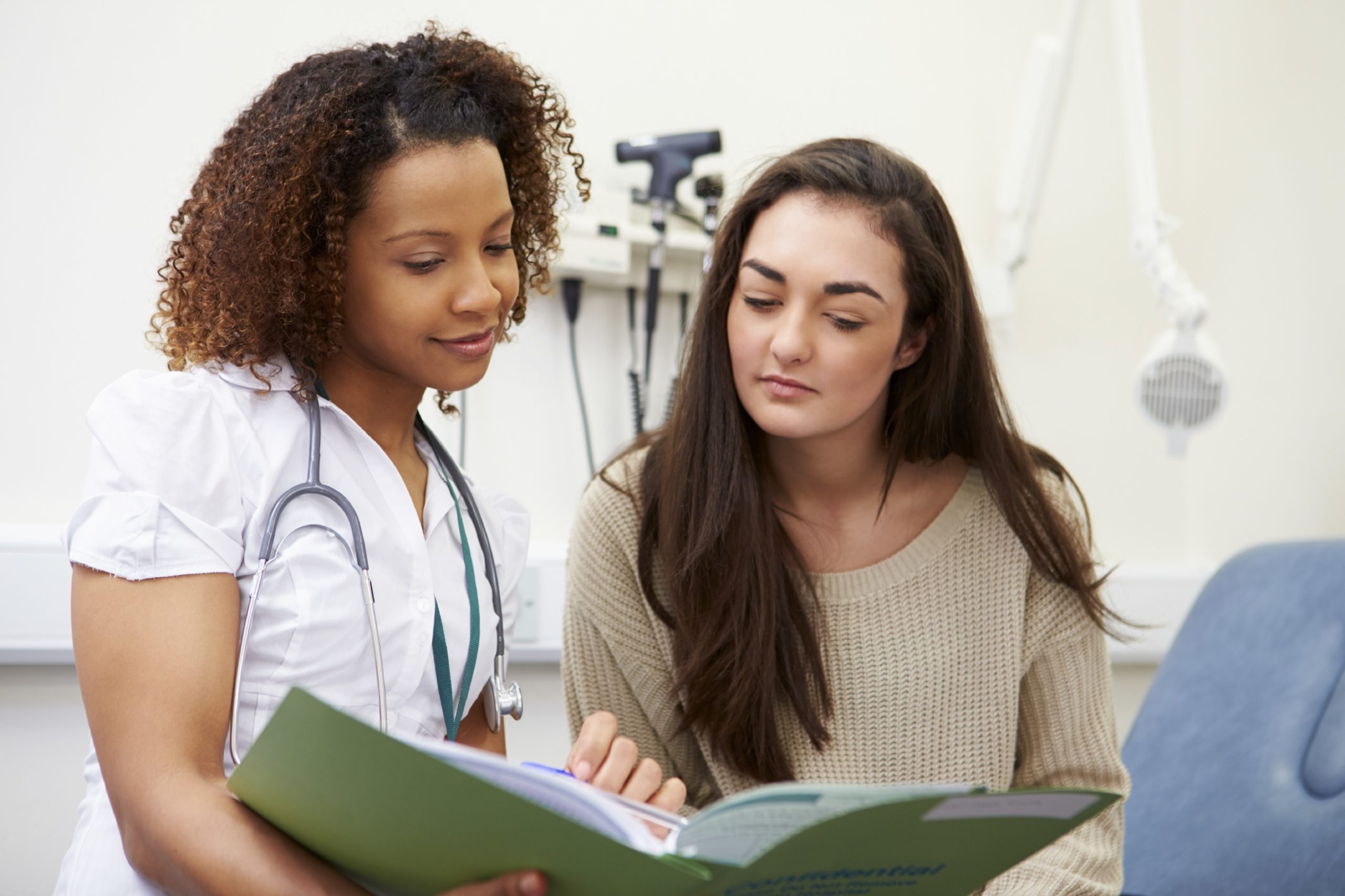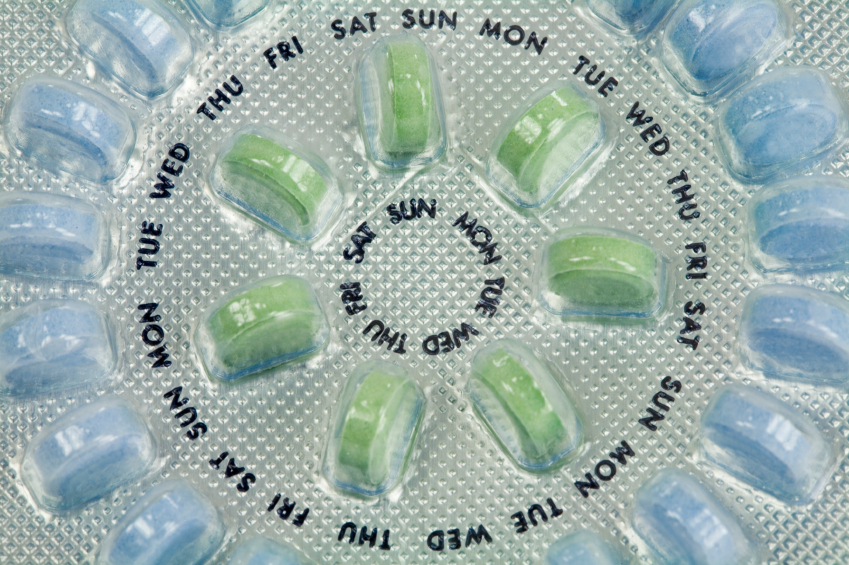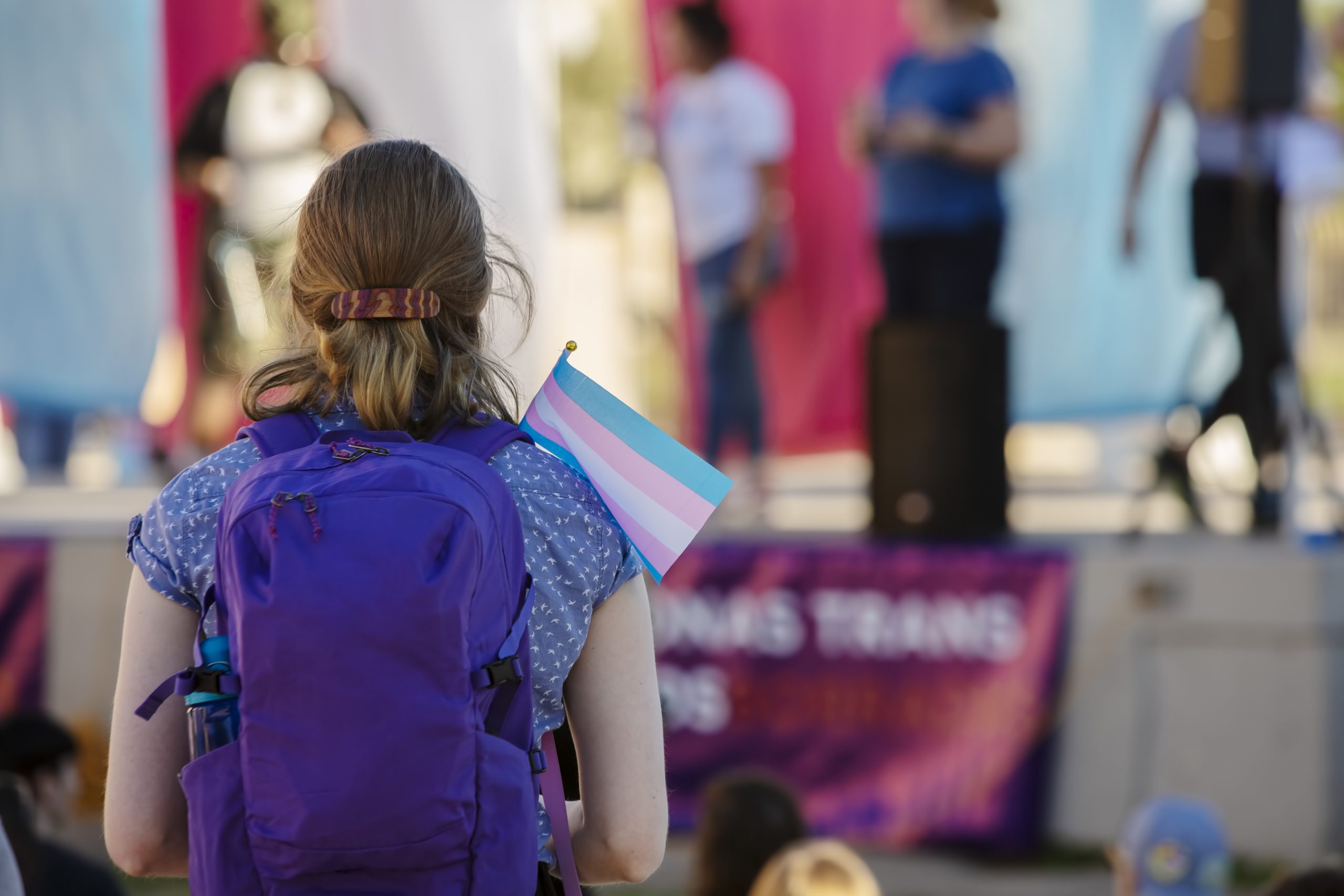What If You Couldn’t Get Emergency Contraception Because Someone Objected to It?

 The Trump-Pence Administration is trying to make it easier for personal beliefs to dictate patient care. This could mean that your pharmacy could refuse to provide you birth control, a receptionist could refuse to book you a prenatal appointment because you had a prior abortion, or a host of other scenarios. This is discrimination, plain and simple.
The Trump-Pence Administration is trying to make it easier for personal beliefs to dictate patient care. This could mean that your pharmacy could refuse to provide you birth control, a receptionist could refuse to book you a prenatal appointment because you had a prior abortion, or a host of other scenarios. This is discrimination, plain and simple.
Patient care should always come first. But when personal beliefs are allowed to come before a patient needs, that doesn’t always happen. I know that not just because the National Women’s Law Center fights religious refusals, but because it has happened to me.
I went to college in a rural part of Virginia, where – like in many other parts of the U.S. –health care access can be challenging. We were fortunate to have a health center on campus, but unfortunately for me, that health center wasn’t open on the weekends. So when I needed emergency contraception (EC) on a weekend, I was forced to visit the next nearest health care facility, which was the local hospital. (Note: this was before EC was available at pharmacies without a prescription).
I was fortunate to have a friend accompany me for what was a long trek: a 30 minute drive to and from the hospital, and many hours waiting before I could be seen. I first saw a nurse who was extremely judgmental, and made me feel ashamed about my need to get EC. When I finally saw a doctor, who was more compassionate, we discussed my desire to get EC and she agreed that it was the right next step. However, once I left the exam room and went to the front desk with my friend to check out, I was told that they couldn’t give me the EC there. I was still reeling from my experience with the nurse, and confused as to why they wouldn’t give me the thing I had come all the way to the hospital – and spent nearly 8 hours waiting for – when I was a patient in need.
My friend, who saw the situation more clearly that I did at the moment, asked if they had EC at the hospital. They did. But it was clear that the check-out staff didn’t want to provide it to me. They told me that they could get a prescription from the doctor, but I would have to pick it up myself at the pharmacy. Given that it was a weekend in a very small town, our pharmacy would be closed for at least another day. Never mind the fact that I didn’t want to skip my college classes on a school day, that I was eager to put this incident behind me, and – most importantly – that EC’s effectiveness decreased daily. I also couldn’t be sure that I wouldn’t have the same experience at the pharmacy.
Luckily for me, my friend that accompanied me was a strong advocate for me and fought with the staff until we found someone there that would provide me the EC. Feeling ashamed and embarrassed about the way I had been treated, without her I certainly would’ve left the hospital without it. I think about how fortunate I was to have her there with me to support me, but also wonder what would have happened to other young women in my situation who didn’t share some of the privileges that I had. Not only did I have a caring friend that could accompany me, but we had access to a car and enough money to fill the gas tank, access to the internet to find a health facility, and the time to wait at the hospital to be seen. I can easily see how someone struggling to make ends meet would have a dramatically different experience, and may have left a health care provider emptyhanded.
My experience feels minor compared to other people’s experiences being refused health care, such as those that have been refused lifesaving care following a pregnancy complication. But it also makes me reflect on what could happen if the Trump-Pence Administration gets its way in allowing personal beliefs to override the ability to get medical care. In the hospital, pharmacy, or doctor’s office, you, as the patient, should always come first. Demand the administration put patients first.





